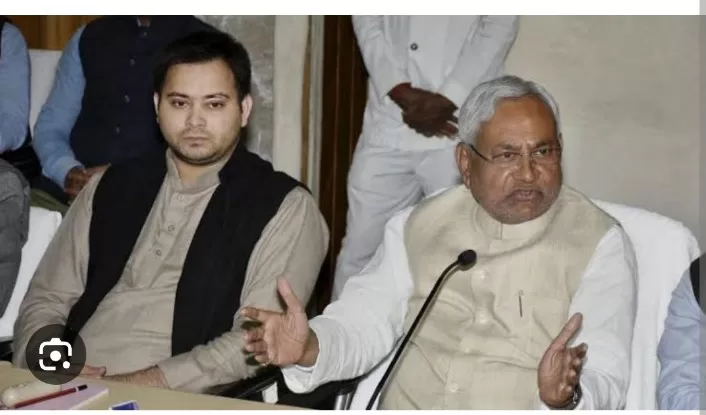The political landscape in India is ablaze with controversy following the mercurial vacillation witnessed in the Centre’s affidavits pertaining to the Bihar government’s proposed caste survey. The volte-face, notably within hours, has ignited accusations of duplicity and concealed agendas, with the Opposition vehemently asserting that this episode has laid bare the motivations underpinning the Bharatiya Janata Party’s (BJP) reluctance to support the survey.
The tempestuous chronicle commenced with an affidavit submitted by the Centre to the Supreme Court yesterday, decreeing the exclusivity of its jurisdiction over the conduct of a “census or any action akin to the census.” Alas, the ink had barely dried before a swift volte-face unfolded, epitomized by the submission of a fresh affidavit wherein the emboldened assertion of centrality was expunged. The ensuing clarification attributed this inconsistency to an “inadvertent” insertion.
The Opposition, led by the Janata Dal United (JDU) and its coalition partner, Rashtriya Janata Dal (RJD), has amplified their scrutiny of the BJP’s maneuvers. Manoj Kumar Jha, a Member of Parliament from the RJD, contended that this display encapsulates the Prime Minister’s Office deploying all stratagems to obstruct the caste survey. He characterized this maneuver as a calibrated endeavor to dispossess a substantial demographic of their inherent rights, with the ulterior motive being to truncate the socio-political fabric of the nation.
Deputy Chief Minister and RJD luminary, Tejashwi Yadav, minced no words in castigating the BJP’s unveiled countenance. His indictment is rooted in the premise that the BJP’s apprehension of the caste-based survey has been laid bare through this convoluted volte-face. The crux of the matter remains that the survey’s veracity remains tethered to the enunciations of the Centre.
Vijay Kumar Chaudhary, JDU stalwart and Bihar’s Minister of Parliamentary Affairs, rebuffed the Centre’s assertion of a unilaterally ordained “census.” He underscored that the ongoing exercise in Bihar does not pertain to a census but to a survey, a distinction that has been the nucleus of the discourse since its inception. Chaudhary contended that the Centre’s capricious oscillation only serves to cast aspersions on the BJP’s steadfastness, particularly in light of their initial pledge of support for the survey during an all-party meeting in Bihar.
In response, State BJP President Samrat Choudhary underscored the party’s endorsement of the caste survey, downplaying the affidavit imbroglio by redirecting inquiries to the Home Ministry. He reiterated that the Centre’s intent does not entail an intervention to impede the survey.
The political terrain is thus enshrouded in the confluence of contradictory affidavits and divergent interpretations, ultimately circumambulating the fundamental question of the Centre’s prerogative in engendering a census. The ongoing imbroglio converges on the precipice of the Supreme Court, which has assumed the role of arbiter in this polarizing episode.
In the matrix of electoral ramifications, the ramifications of this caste survey bear substantial political gravitas, particularly as India hurtles toward the 2024 general elections. The confluence of this survey’s implications and the burgeoning opposition coalition, INDIA, presents a theatre rife with convoluted intersections and calculated power plays.




